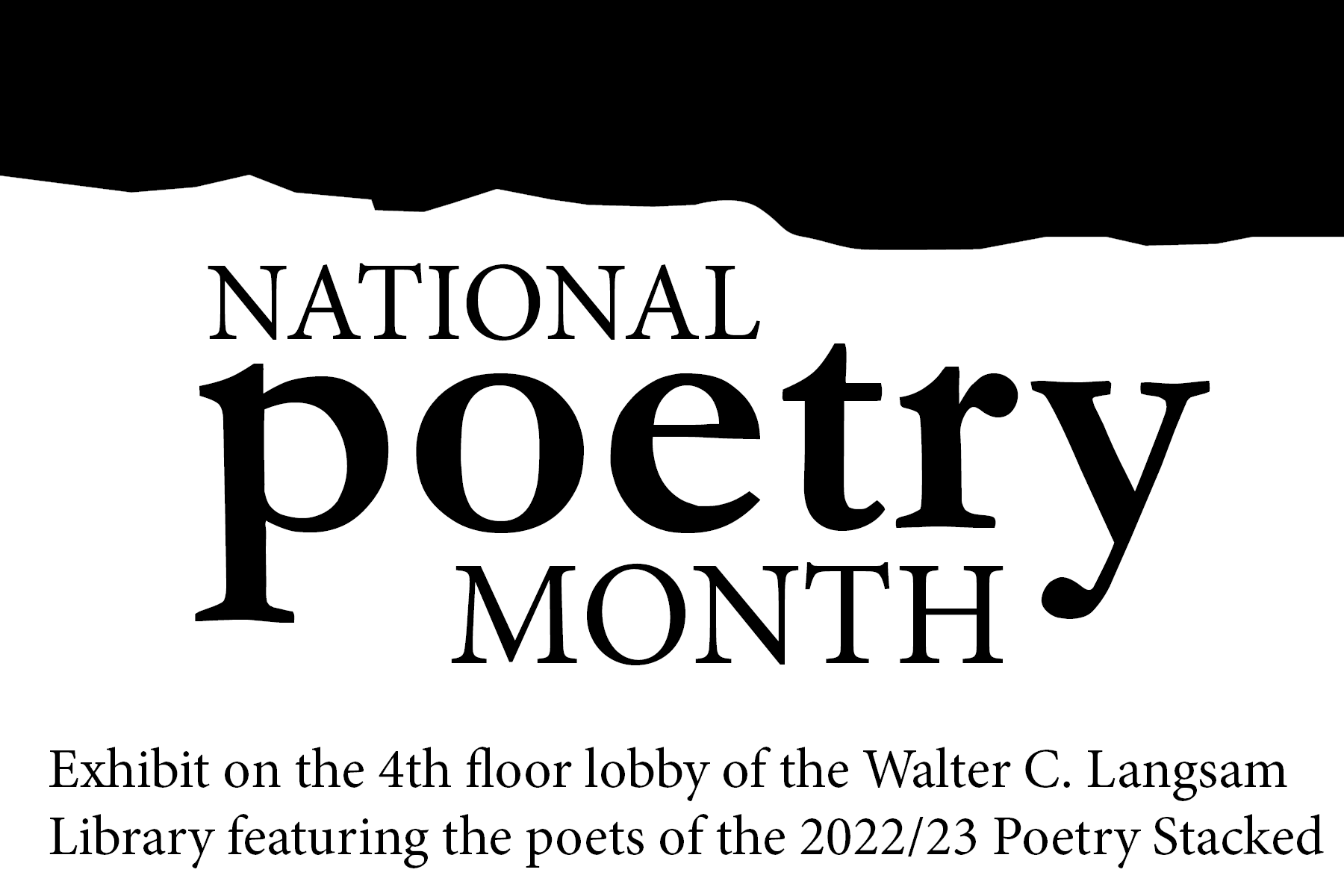 In celebration of National Poetry Month, an exhibit installed on the 4th floor lobby of the Walter C. Langsam Library features work by the 2022/23 Poetry Stacked poets. Included in the exhibit are poems from 13 of the University of Cincinnati student, faculty and community member poets that read at the series. Included in the exhibit are UC faculty poets: Aditi Machado, Rebecca Lindenberg, Felicia Zamora and Simone Savannah.
In celebration of National Poetry Month, an exhibit installed on the 4th floor lobby of the Walter C. Langsam Library features work by the 2022/23 Poetry Stacked poets. Included in the exhibit are poems from 13 of the University of Cincinnati student, faculty and community member poets that read at the series. Included in the exhibit are UC faculty poets: Aditi Machado, Rebecca Lindenberg, Felicia Zamora and Simone Savannah.
Rebecca Lindenberg
Bottle Brush Bees
The red-blossomed bush
furred out in the corner
of the narrow yard sizzles
with bees, bristled
cylindrical flowers tipped
with yellow pollen lure
their fuzzy thieves. Once
or maybe twice a month
barefoot she or her sister
might find one, lightning
in the grass; they
devised a whole lexicon
for sting – bee-branded,
bumble-shocked, bee-
needled, honey-rung –
despite all their words
what she’ll remember is
not how it feels to be stung,
but their constant song.
Rae Hoffman Jager, Manuel Iris, Yalie Saweda Kamara, Caroline Plasket and Kari Gunter-Seymour represent poets from the community.
Manuel Iris
Witness
Your daughter is dancing, says my wife
touching her belly.
For the past five months
I have been a witness
to what happens there,
under her hands.
My wife is a house inside my house
and I am outside of my own heart.
I am sure she is happy, she says
and I would give up poetry
in exchange for having, inside me, my daughter.
For feeling that dance that bonds them
to all beginnings.
But that option does not exist
and I do what I can:
cooking, fulfilling cravings,
writing a poem in which I say what I can see
from this side of the skin
in which mystery embodies itself.
And I testify, with loving envy,
that an everyday miracle
is a miracle
and nothing less.
A highlight of Poetry Stacked are the UC students who read at each session. Students featured in the exhibit are: Dior Stephens, Romie Hernández Morgan, Hussain Ahmed and Casey Harloe.
Casey Harloe
for me, from me
I am here in
this world
to roam the
unknown
but stay stuck
in one home
fields remain
endless to
explore, yet
here I stand
at the door,
staring
at the ceiling
to mourn
the boredom
I carry &
the adventure
I crave
the journey
doesn’t begin
until you move
so I decided
to walk away
from what I
already knew
The exhibit was curated and designed by Melissa Cox Norris, director of library communications. A bibliography of the poets’ works is available at the exhibit and online.
Launched by the Academy of American Poets in April 1996, National Poetry Month is a special occasion that celebrates poets’ integral role in our culture and that poetry matters.
_______________________________
And don’t miss the next Poetry Stacked event, scheduled for Wednesday, April 12 at 4pm, featuring Kari Gunter-Seymour, Poet Laureate of Ohio, and celebrating poetry by graduating University of Cincinnati doctoral students: Nick Molbert, Marianne Chan, Connor Yeck and Taylor Byas. Following the poetry readings, attendees are invited to a reception in the Elliston Poetry Room as we mark the successful conclusion of the 2022/23 Poetry Stacked series.

 Tiffany Grant, PhD, assistant director for research and informatics and co-director of the University of Cincinnati Libraries Research and Data Services Unit, in a ceremony held April 4, was honored to receive the 2023 Marian Spencer Equity Ambassador Award for Faculty. Named for the celebrated civil rights activist, this award is designed to showcase current campus-affiliated individuals and groups whose efforts relate to diversity, equity and inclusion and who have had a positive impact on the university.
Tiffany Grant, PhD, assistant director for research and informatics and co-director of the University of Cincinnati Libraries Research and Data Services Unit, in a ceremony held April 4, was honored to receive the 2023 Marian Spencer Equity Ambassador Award for Faculty. Named for the celebrated civil rights activist, this award is designed to showcase current campus-affiliated individuals and groups whose efforts relate to diversity, equity and inclusion and who have had a positive impact on the university.

 In celebration of National Poetry Month, an exhibit installed on the 4th floor lobby of the Walter C. Langsam Library features work by the 2022/23 Poetry Stacked poets. Included in the exhibit are poems from 13 of the University of Cincinnati student, faculty and community member poets that read at the series. Included in the exhibit are UC faculty poets: Aditi Machado, Rebecca Lindenberg, Felicia Zamora and Simone Savannah.
In celebration of National Poetry Month, an exhibit installed on the 4th floor lobby of the Walter C. Langsam Library features work by the 2022/23 Poetry Stacked poets. Included in the exhibit are poems from 13 of the University of Cincinnati student, faculty and community member poets that read at the series. Included in the exhibit are UC faculty poets: Aditi Machado, Rebecca Lindenberg, Felicia Zamora and Simone Savannah.
 Kari Gunter-Seymour is the Poet Laureate of Ohio and an Academy of American Poets Laureate Fellow. Her poetry collections include Alone in the House of My Heart (Ohio University Swallow Press 2022), and A Place So Deep Inside America It Can’t Be Seen (Sheila Na Gig Editions 2020) winner of the 2020 Ohio Poet of the Year Award. She is an artist in residence at the Wexner Center for the Arts, a Pillars of Prosperity Fellow for the Foundation for Appalachian Ohio, the founder/executive director of the Women of Appalachia Project and editor of its anthology series Women Speak. Her work has been featured in Verse Daily, World Literature Today, The New York Times and Poem-a-Day.
Kari Gunter-Seymour is the Poet Laureate of Ohio and an Academy of American Poets Laureate Fellow. Her poetry collections include Alone in the House of My Heart (Ohio University Swallow Press 2022), and A Place So Deep Inside America It Can’t Be Seen (Sheila Na Gig Editions 2020) winner of the 2020 Ohio Poet of the Year Award. She is an artist in residence at the Wexner Center for the Arts, a Pillars of Prosperity Fellow for the Foundation for Appalachian Ohio, the founder/executive director of the Women of Appalachia Project and editor of its anthology series Women Speak. Her work has been featured in Verse Daily, World Literature Today, The New York Times and Poem-a-Day. 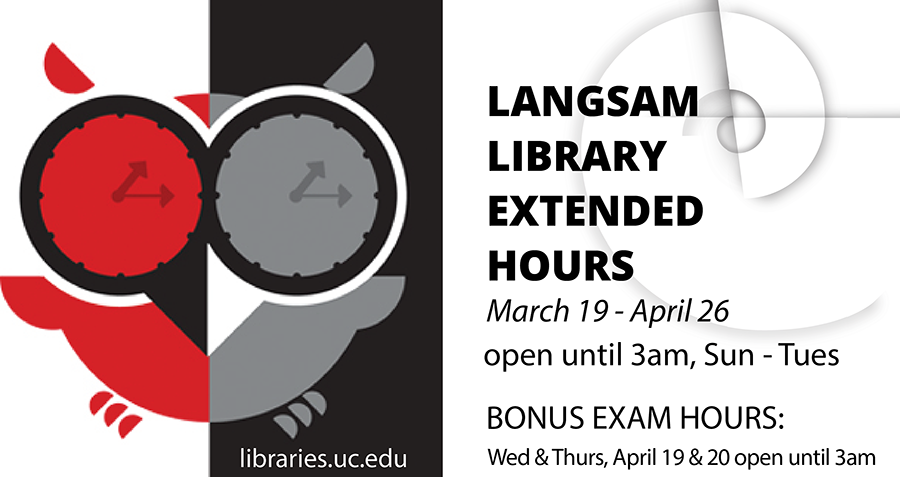
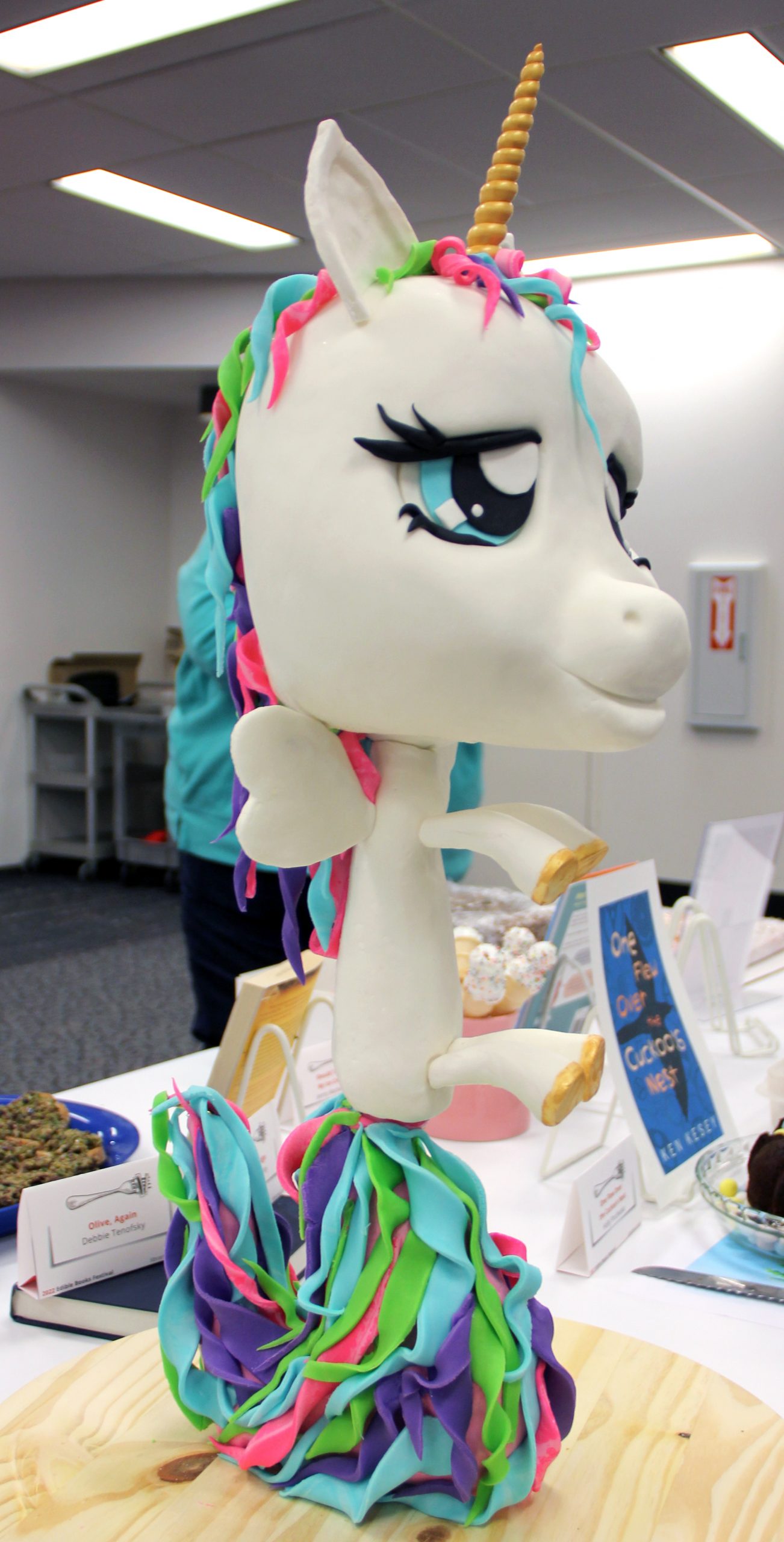
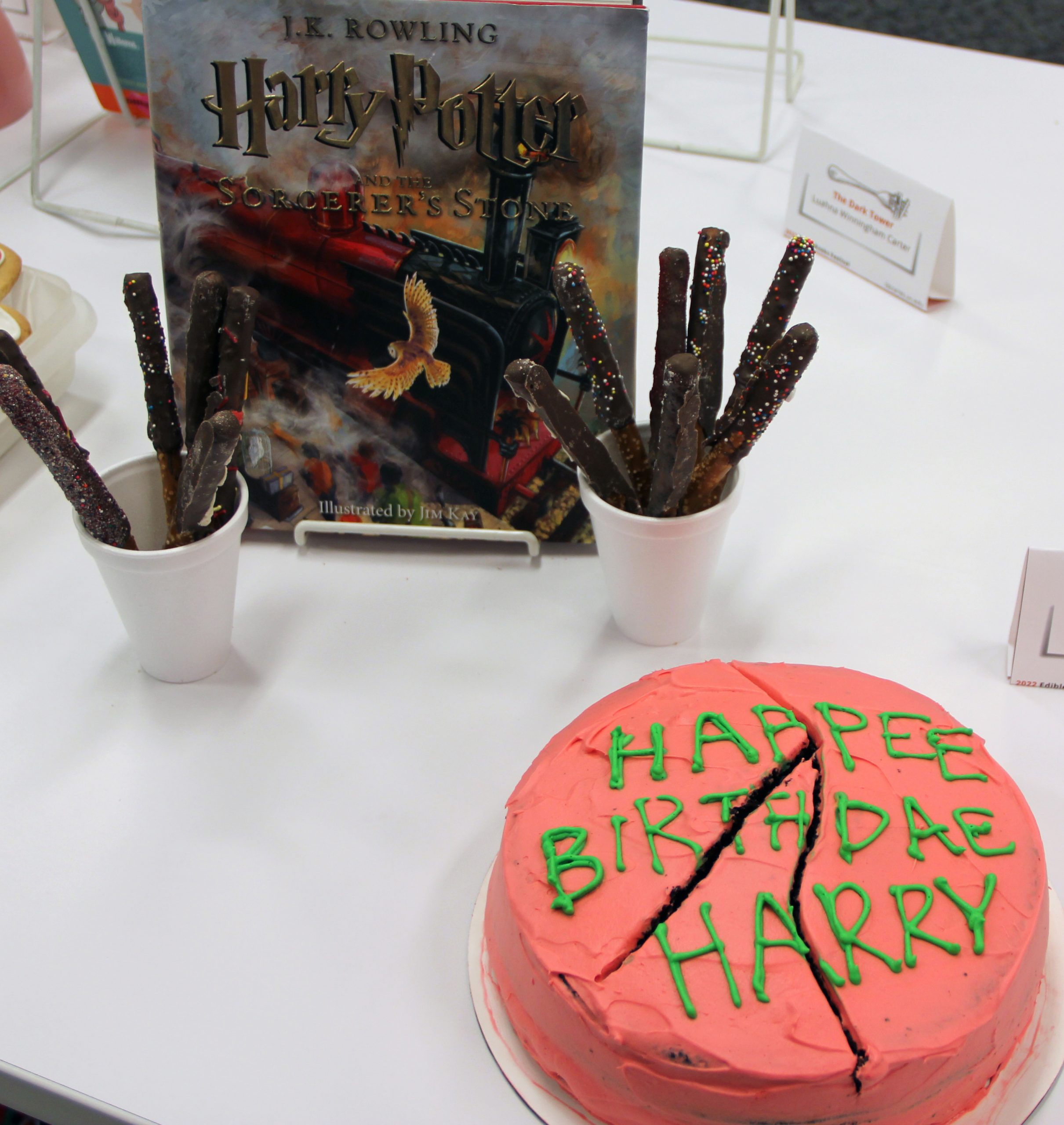
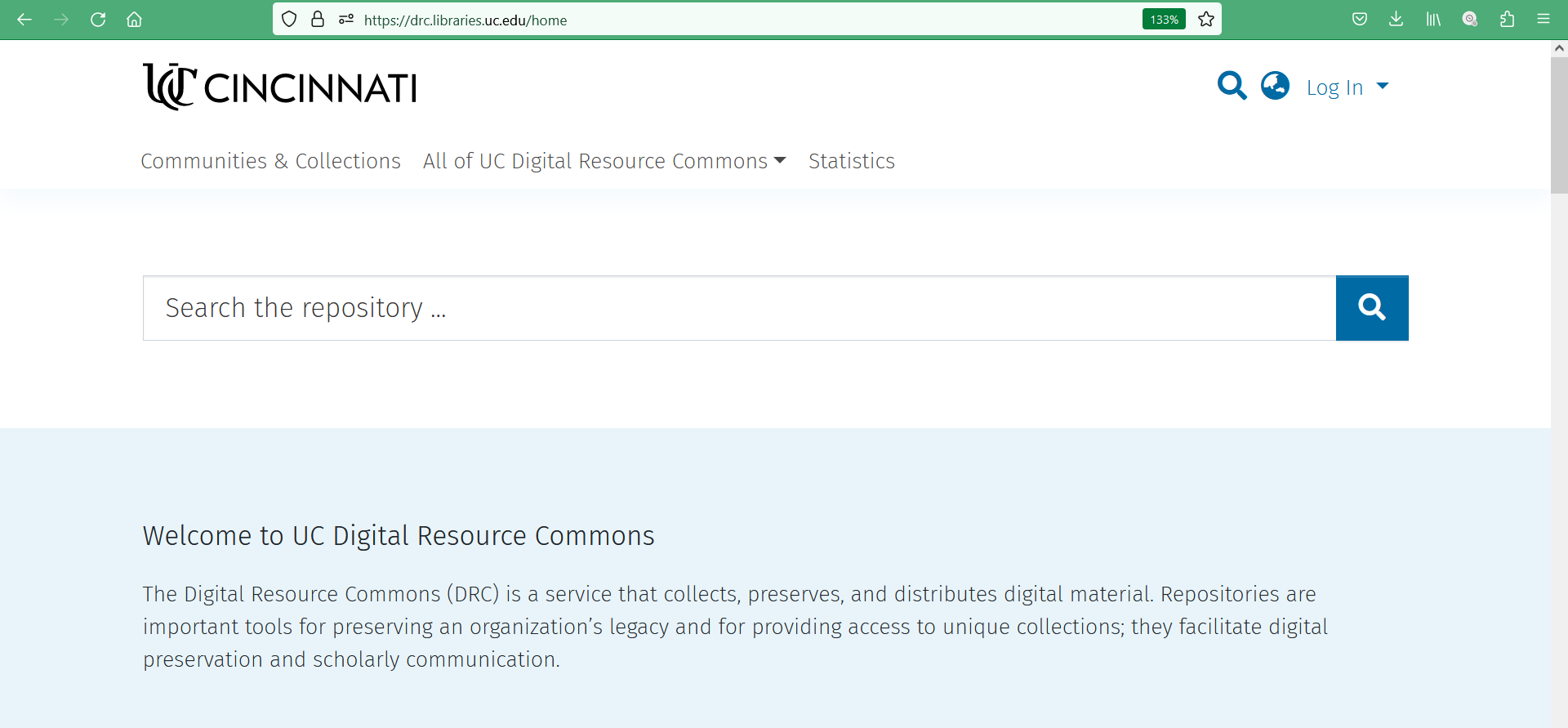

 As of Monday, Feb. 27, Edward Snyder is now a full-time member of the UC Libraries staff as an endpoint specialist in LibraryIT Services.
As of Monday, Feb. 27, Edward Snyder is now a full-time member of the UC Libraries staff as an endpoint specialist in LibraryIT Services.